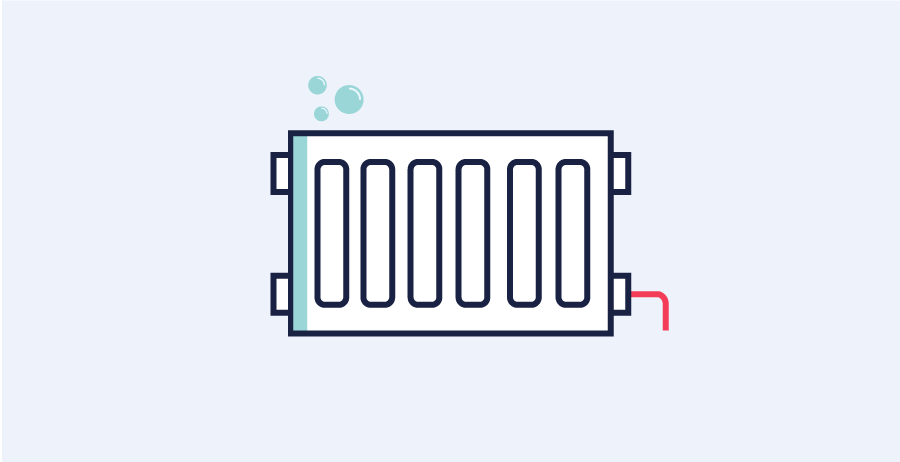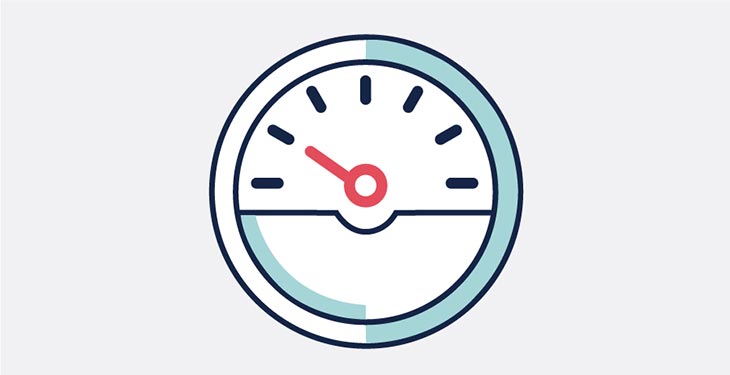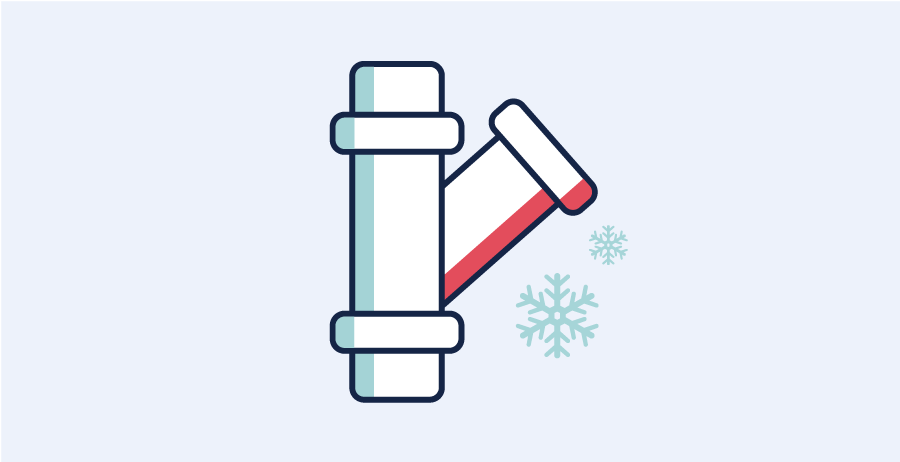Updated: 30th May, 2025

When preparing for winter, taking steps to ensure your boiler is ready may be the last thing you consider.
Try a new boiler quote, save up to £340 per year (0% APR available).
When preparing for winter, taking steps to ensure your boiler is ready may be the last thing you consider.
In fact, most people don’t even notice their boilers are there until they break down and they are left without heating and hot water.
Get a quote in 60 seconds, fitted as fast as next day!
0% APR finance available.
Luckily in the UK, we experience milder weather throughout the year, so a broken boiler is just an inconvenience, however, having a broken boiler in the winter months becomes more than just an annoyance.
A cold house with no access to hot water could be incredibly serious for the elderly, the young and the vulnerable, and potentially even life threatening if the temperature drops dramatically.
This is why it is vital to be prepared. The sooner you do it, the better. Mid autumn time is the best time to start checking your boiler, particularly if you require an engineer to come out as they’re well sought after during the colder months.
Below are some helpful tips for getting your boiler ready for winter:
Running your boiler for a few hours before the cold weather arrives will enable you to check that it is working properly.
This then gives you enough time to get it checked out and fixed before winter if there is a problem.
Turn off your boiler by setting the thermostat to 0ºC. Once your radiators are cool, switch your boiler back on, making sure your hot water is turned off.
Wait for the boiler to fire up. After 5-10 minutes, feel the tops and bottoms of your radiators to see if they have warmed up evenly.
If your radiator has cold spots, you may need to bleed it. Read further on to find out how to do this!
Also make sure to check for any unfamiliar stains or smells on/from the boiler, and a pilot light that is yellow or frequently blows out, as this may be a sign of a carbon monoxide leak which can be fatal and needs to be addressed as soon as possible.
When people don’t turn on their heating for long periods of time such as during summer, air bubbles can begin to form, and may get trapped inside your radiators radiators.
Because the bubbles rise, the air then accumulates at the top of the radiator, making it gradually become cooler and less effective.

Start by turning your heating on to check your radiators for cold spots. If your radiator is cold at the top, turn off your central heating and wait for them to cool down.
Once cool, locate the bleed valve and loosen the bleed screw. Once the hissing stops and the trickle starts, re-tighten the valve.
If your radiators are cold at the bottom, this is likely as a result of a build up of 'radiator sludge.' Whilst it is possible to clean them yourself, it’s usually better to get this done by a professional who can clean them properly or perform a powerflush.
Get a quote in 60 seconds, fitted as fast as next day!
0% APR finance available.
A boiler with less pressure is less efficient. It’s quick and simple to top up the pressure and instruction on how to do so can usually be found in the manufacturers guide.
We have also produced a comprehensive guide of what to do if your boiler loses pressure.

First of all, make sure you check the manual to get model-specific information about each valve, as well as determining whether you're using a combi boiler or not.
Switch your boiler off completely, and then attach a filling loop from the mains. Open both major valves so that water can start leaking in - you're essentially flooding the system with water directly.
Once you reach your desired pressure (around 1.5 bar, in most cases), close the valves and turn the boiler back on, resetting it if necessary.
During winter, the water in your pipes can freeze. When water freezes, it expands, putting your pipes at risk of bursting, which would turn into an extremely expensive and complicated process to fix. Trust us, you want to avoid this!

A simple way to prevent this is by defrosting your pipes by pouring warm (not boiling) water over them.
The best way to ensure your boiler is well prepared for winter is by getting it serviced. Not to mention, most warranties only remain valid if you have your boiler serviced annually by a Gas Safe registered engineer.
A service also ensures that your boiler is running as efficiently as possible, which could help you to lower your heating bills, a win-win situation! If anything is in the early stages of failure or if something needs replacing, the engineer will spot these so any potential risks can be nipped in the bud early on.
Boilers can be a daunting purchase for many people as they’re an appliance with a lot of responsibility, providing heat for you and your family is something you want to get right. Boilers aren’t exactly a quickly disposable item either, potentially lasting you a decade.
Boiler costs can be split into two segments: the first is the actual boiler itself (unit price), and the second is the cost of the boiler being installed (set up) in your property by an expert engineer.
Here at iHeat, we want to remove all of this undue stress and make the decision making process of upgrading to a new central heating system, as easy as possible.
Boiler costs can vary depending on a number of factors including their brand, model, fuel, output, warranty, labour and installation type. Typically a new boiler will cost between £1,845 and £3,500, below is a list of average boiler installations offered by iHeat (guide only).
Installation Type | Price (inc VAT) | |
Combi to combi swap | £1,845 | |
System to combi conversion | £2,499 | |
New boiler install | £2,899 | |
Back boiler to a combi | £3,299 | |
System to system | £1,945 |
Preparing your boiler for winter involves scheduling a professional service to ensure it’s in good working condition, checking for leaks, bleeding radiators, and testing the heating system before the colder months arrive. Ensure your boiler pressure is at the recommended level (usually between 1-2 bar) and keep your home well-insulated to maximize efficiency.
To start your boiler after summer, switch it on and check if the radiators heat up evenly. If not, you may need to bleed them to remove trapped air. Check the boiler pressure and adjust if necessary, and ensure the thermostat and timer are set correctly for your winter schedule.
Get your heating system winter-ready by testing it early in the season to identify any issues, bleeding radiators for maximum efficiency, and cleaning out any buildup in the system. It’s also a good idea to schedule a boiler service to catch potential faults and ensure optimal performance.
To ensure your boiler is ready for winter, inspect it for any warning signs such as leaks, strange noises, or error codes. Check the pressure gauge, test the thermostat, and ensure the heating works evenly throughout your home. Regular servicing by a Gas Safe engineer is recommended for peace of mind.
For optimal efficiency and comfort in winter, set your boiler’s central heating to around 70°C and hot water to 50-60°C. Adjust slightly to suit your home’s insulation and personal preference, ensuring you balance warmth and energy savings.
Preparing your heating for winter includes checking the boiler pressure, bleeding radiators, and testing the system for any faults. Ensure your thermostat is functioning correctly, and consider upgrading to a smart thermostat for better energy management.
The number of hours depends on your home’s insulation and personal comfort needs, but many households find 6-8 hours per day sufficient. Using a programmable thermostat allows you to set heating to turn on before waking up and in the evenings while turning it off when the house is empty or during the night.
To turn on radiators for winter, ensure the boiler is powered on and the thermostat is set to a comfortable temperature. Check each radiator’s valve to ensure it’s open and bleed radiators to remove trapped air for maximum efficiency. If a radiator doesn’t heat up, it may need balancing or further inspection by a professional.


01st October, 2025
Choose the best boiler brand for your home with the iHeat easy guide.
 Read Article
Read Article

01st October, 2025
Here’s a quick roundup of the best combi boilers for 2025.
 Read Article
Read Article

01st October, 2025
New boiler cost can be a baffling topic, but our iHeat expert guide will clear things up!
 Read Article
Read Article